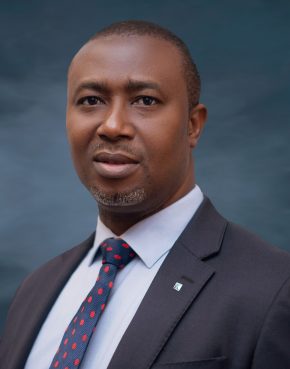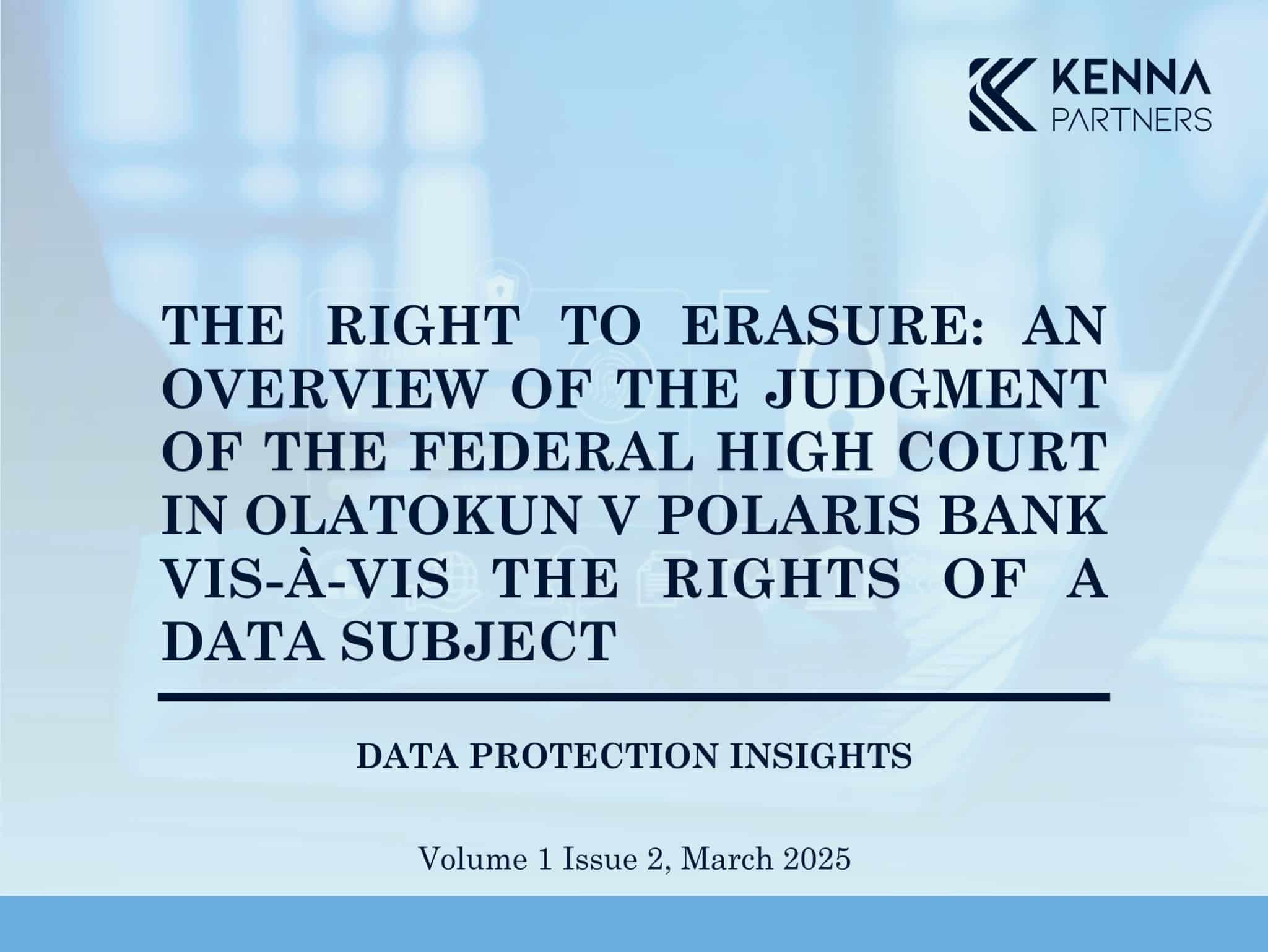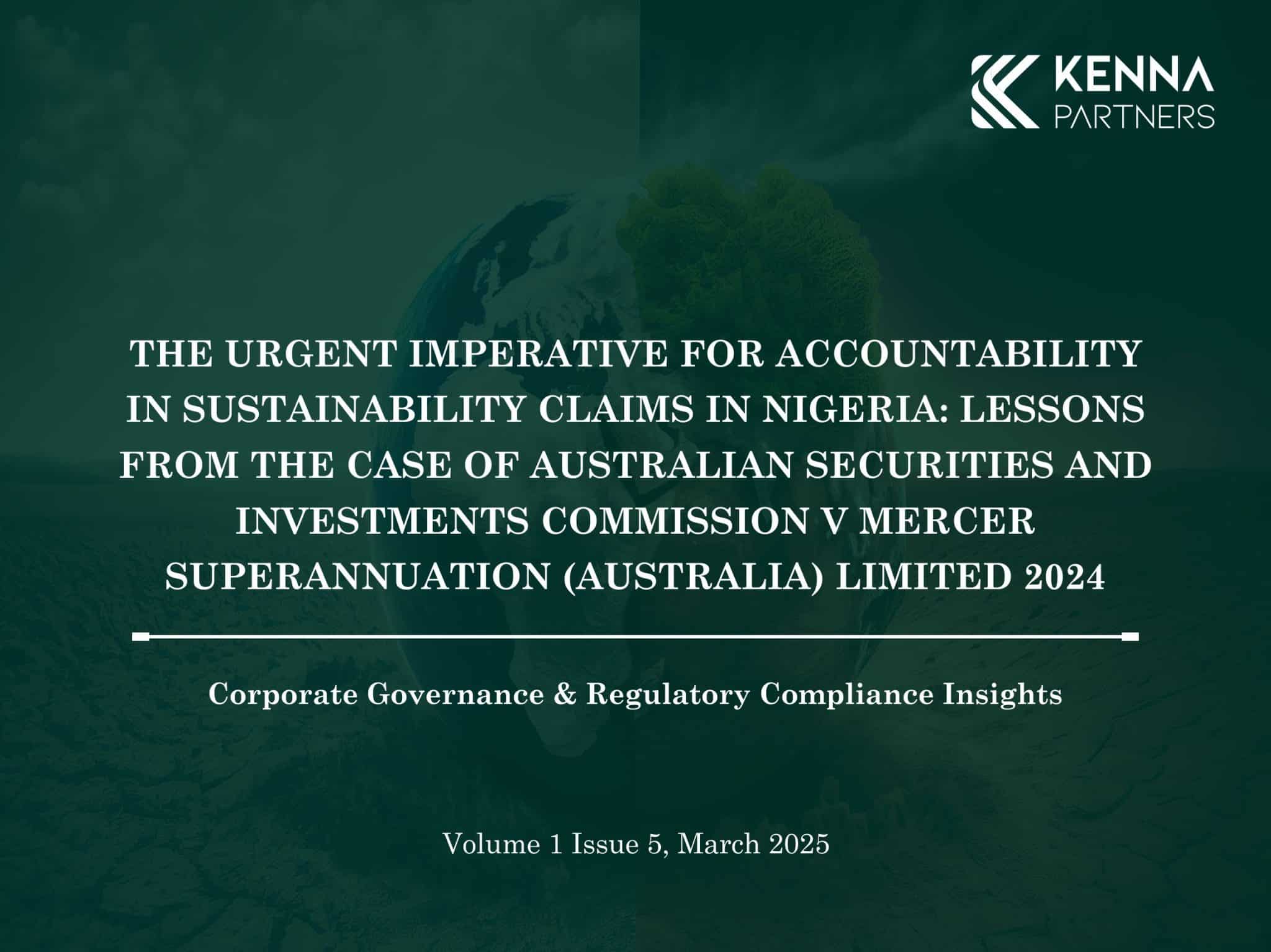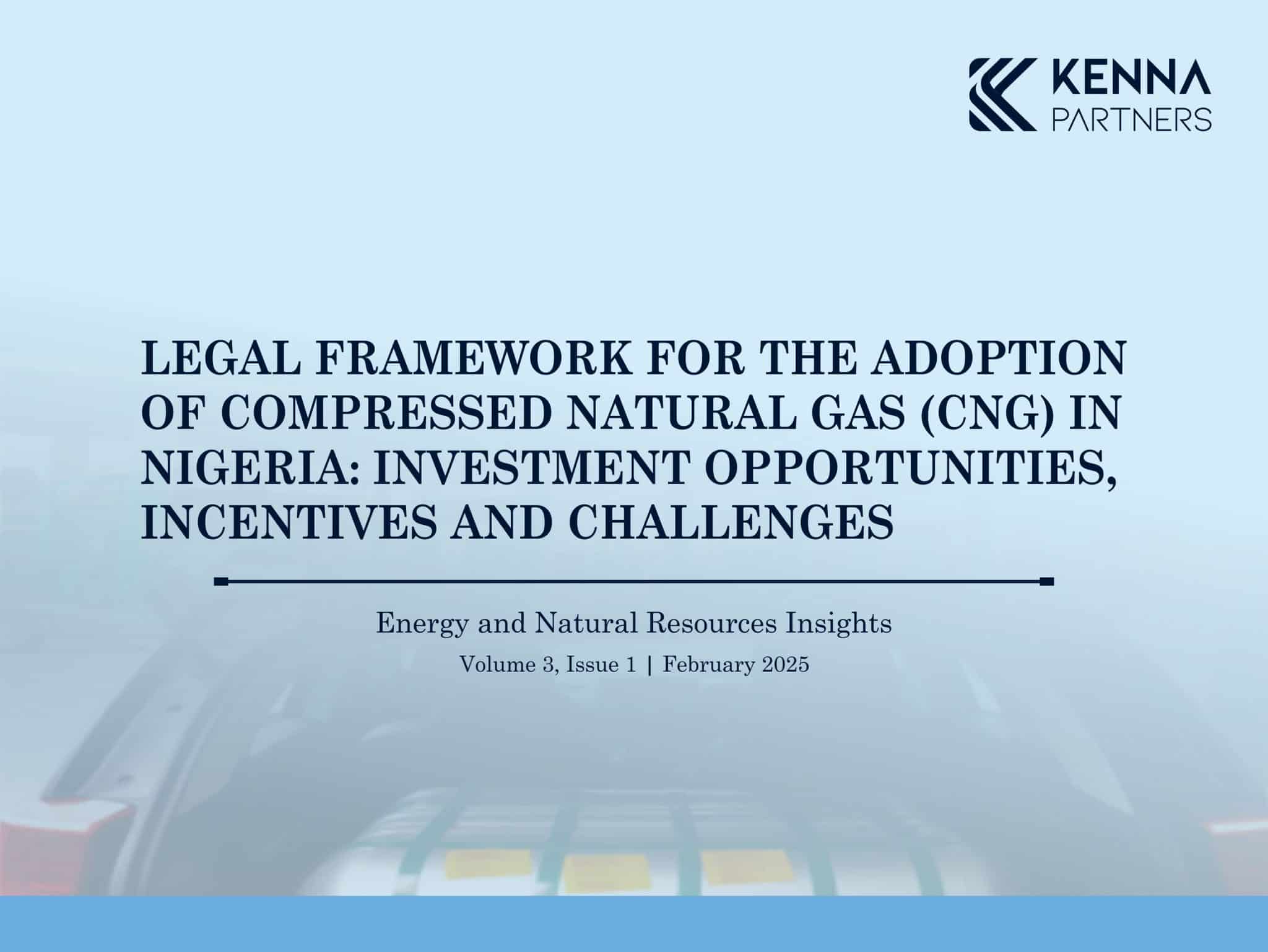Insight on the National Policy on Arbitration and Alternative Dispute Resolution (ADR) 2024
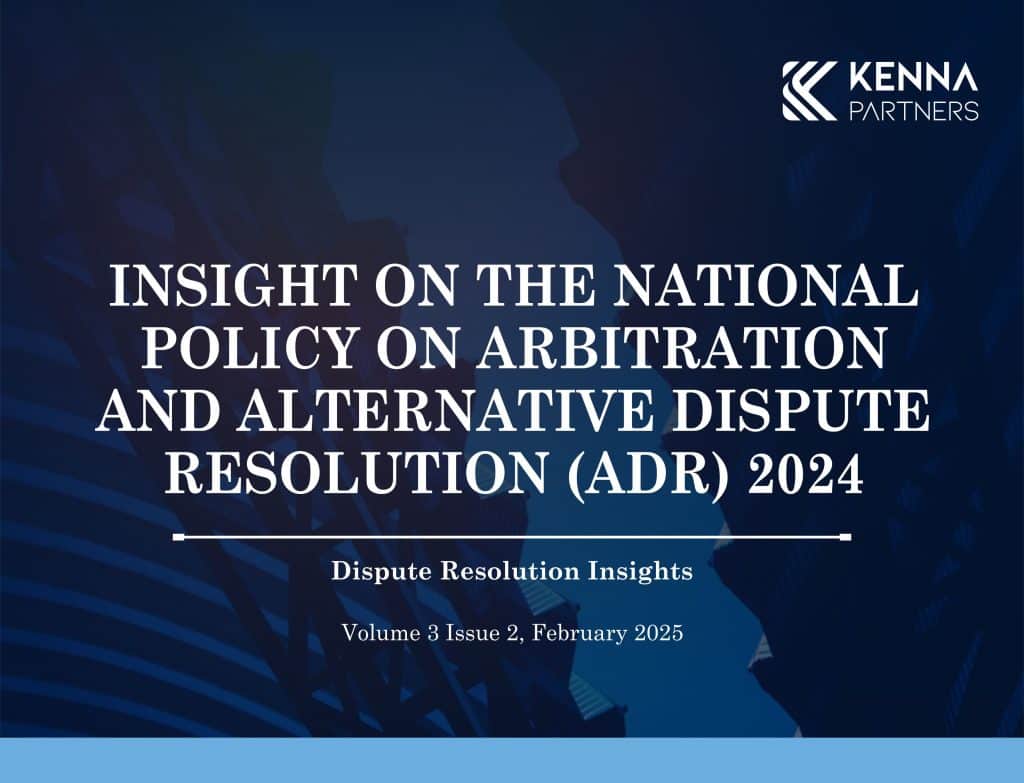
Table of Contents
- Loading table of contents...
Introduction
On July 14, 2024, the Federal Executive Council (FEC) of the Federal Republic of Nigeria approved the National Policy on Arbitration and Alternative Dispute Resolution (ADR), 2024 (the Policy). The introduction and approval of the policy underscores Nigeria’s commitment to fostering a robust arbitration and ADR environment that can effectively manage disputes, reduce litigation burdens, and enhance investor confidence. The policy seeks to align with our international treaty obligations under the UNCITRAL Model Arbitration Law, the Singapore Convention on Mediation, and various international conventions to which Nigeria is a signatory. The policy outlines guidelines for selecting Arbitrators, engaging counsel, and developing a comprehensive Code of Conduct for Arbitration and ADR Practitioners.
As stated by the Hon. Attorney General of the Federation, Mr. Lateef O. Fagbemi, SAN, in the foreword to the policy, ‘this landmark policy represents a significant stride towards enhancing the legal and commercial landscape in Nigeria….’. The dedicated implementation of the policy is expected to strengthen Nigeria’s arbitration institutions, enhance legal certainty, create an environment conducive to both domestic and international business transactions and transform Nigeria into a centre of excellence for Arbitration and ADR in Africa and beyond.
The Policy is divided into five parts, and we shall consider the salient provisions of the Policy with a view to giving a fair assessment and comments on its implementation and efficacy in advancing Arbitration and ADR practice in Nigeria.
Key Provisions of the National Policy on Arbitration and Alternative Dispute Resolution (ADR) 2024
PART ONE – Background, Goal, Purpose, Scope and Methodology
The Policy was developed to enhance Nigeria’s dispute resolution framework, aligning it with global best practices and designed to drive the implementation of key themes from the National Policy on Justice (NPJ), 2024, focusing on ADR, commerce, and treaty compliance. This is based on the introspective acknowledgement that ADR practice in Nigeria has not achieved its rightful position in the continent and beyond as a hub for domestic, regional and international arbitrations. This is due to some challenges not limited to lack of adequate patronage and institutional development, which the Policy now seeks to address to make the arbitral process more attractive in Nigeria for both domestic and foreign investors.
The policy’s objective, as stated, is to position Nigeria as an attractive hub for domestic, regional, and international commercial arbitration while safeguarding national interests.
The general purpose of the policy is set out in Section 3.0, which focuses on promoting the growth and practice of Alternative Dispute Resolution (ADR) in Nigeria and encouraging a judicial culture that supports arbitration and ADR.
The policy’s scope encompasses domestic and international commercial arbitration and alternative dispute resolution having been developed through a consultative process that involved specialists and experts in the field of arbitration and ADR, alongside representatives of relevant institutions and academia.
PART TWO – Thematic Areas and Interventions
- FGN’s guideline on Dispute Resolution Clause
The Policy permits the Federal and State Ministries, Departments and Agencies (MDAs) and their counterparts to mutually agree on arbitration rules applicable to their disputes. In the absence of such an agreement, the arbitration rules or those of other ADR mechanisms in Nigerian will apply. For uniformity, a model arbitration clause is provided under Schedule 1 of the Policy.
- Selection of Arbitrators and Counsel
The Policy provides for the modalities for appointing arbitrators for the Federal and State MDAs. In domestic arbitration involving a claim of 50 million Naira or below, the Federal and State MDAs can independently appoint a Nigerian arbitrator with requisite expertise and competence. In other cases, the appointment must have the approval of the Hon. Attorney General of the Federation/ State (HAGF/S). For international commercial arbitration involving Federal/ State MDAs, HAGF/S will appoint the arbitrator, who may also request the Director of the Regional Centre for International Commercial Arbitration, Lagos (RCICAL) to appoint the arbitrator. The appointment of an arbitrator for Nigeria shall be done by the HAGF/S as the case may be.
The selection of counsel by Federal and State MDAs shall be based on expertise and merit through a transparent process. The policy requires that Nigerian counsel be engaged at all times, and where a foreign counsel becomes necessary due to expertise, the foreign counsel shall partner with the Nigerian counsel.
The purpose of these requirements is to streamline the process of appointments of arbitrators in International Commercial Arbitration involving Federal and State MDAs. The requirement to seek the approval of the HAGF/S for arbitration of claims valued above N50 Million naira aims to ensure that the Federal and State Governments are not taken by surprise with substantial liability from an arbitration of which they were not aware from the onset. The clause also promotes local content by prioritising the appointment of Nigerian arbitrators and counsel.



